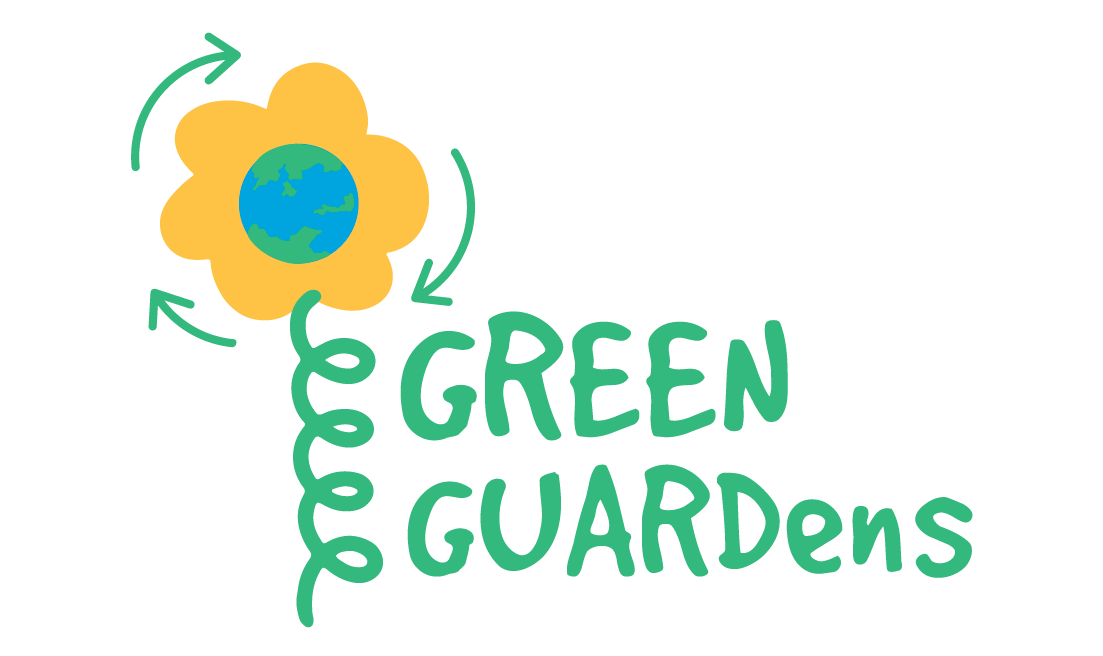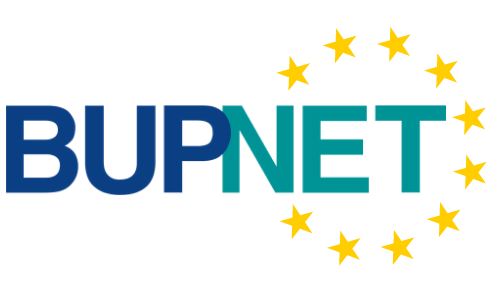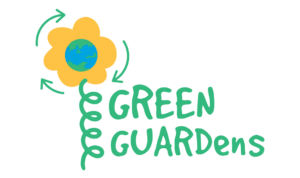 Inclusion refers to the act of creating a welcoming and supportive environment that values and respects the diversity of all individuals, regardless of their race, ethnicity, gender, sexual orientation, age, ability, or other characteristics. It involves actively seeking to include and involve all individuals in decision-making, activities, and social interactions.
Inclusion refers to the act of creating a welcoming and supportive environment that values and respects the diversity of all individuals, regardless of their race, ethnicity, gender, sexual orientation, age, ability, or other characteristics. It involves actively seeking to include and involve all individuals in decision-making, activities, and social interactions.
Social inclusion is the set of multidimensional measures and actions in the fields of: social protection, employment, housing, education, health, information-communication, mobility, security, justice and culture, aimed at combating social exclusion and ensuring the active participation of all people in economic, social, cultural and political aspects of societies.
School inclusion means creating an educational environment that is supportive of all students, including those with disabilities or special needs. It involves providing access to appropriate accommodations and resources, fostering a sense of belonging and acceptance, and promoting the full participation of all students in academic and extracurricular activities.
Inclusion represents the essence of a comprehensive educational system specific to a society whose main values are: celebrating diversity, promoting diversity and equal rights.
This system is characterized by:
- open, positive, partnership-based interpersonal relationships;
- the flexibility of school programs, educational strategies and the support system;
- promoting equality in rights and responsibility and ensuring access to opportunities;
- partnership with the family;
- the active involvement of the community in the wellbeing and good functioning of the school;
- encouraging the exercise of the right to attitude and speech.

